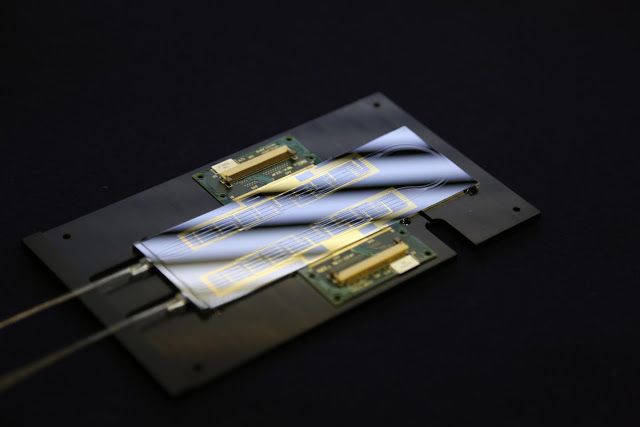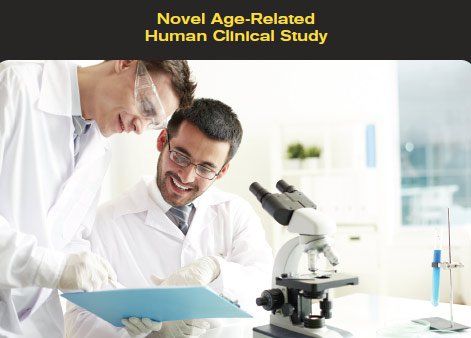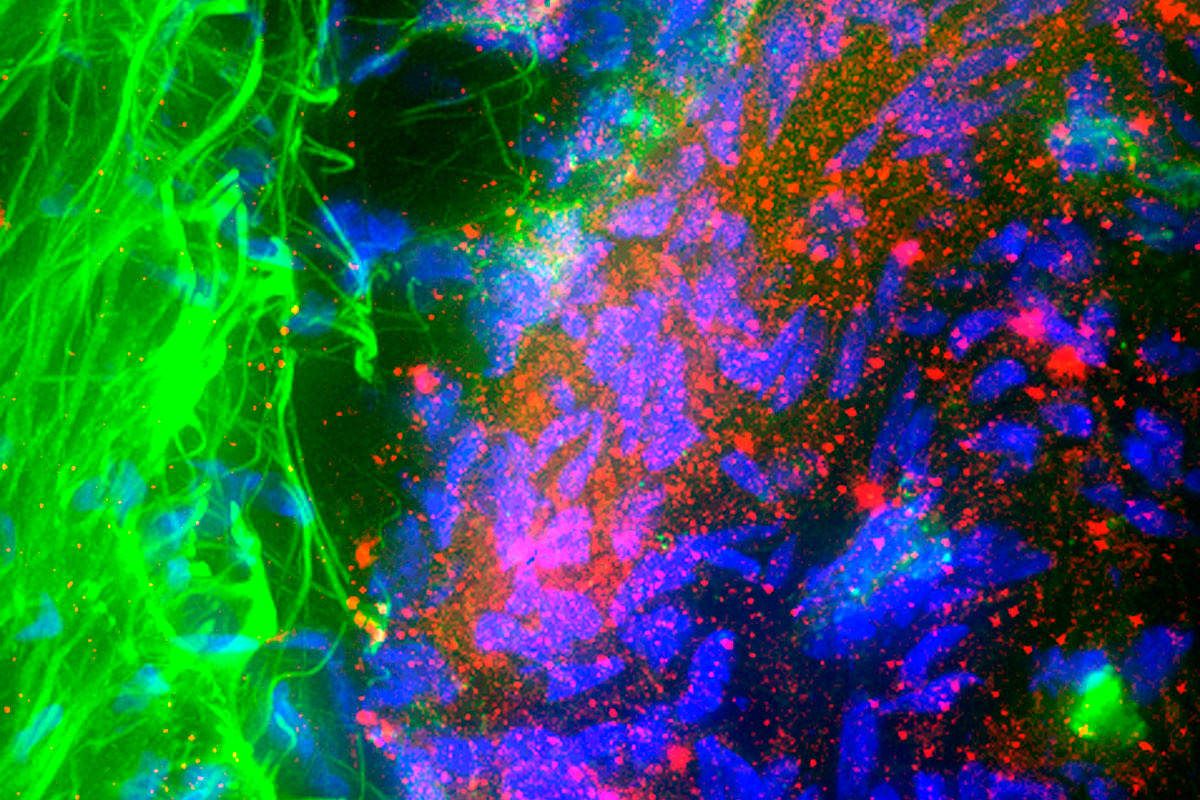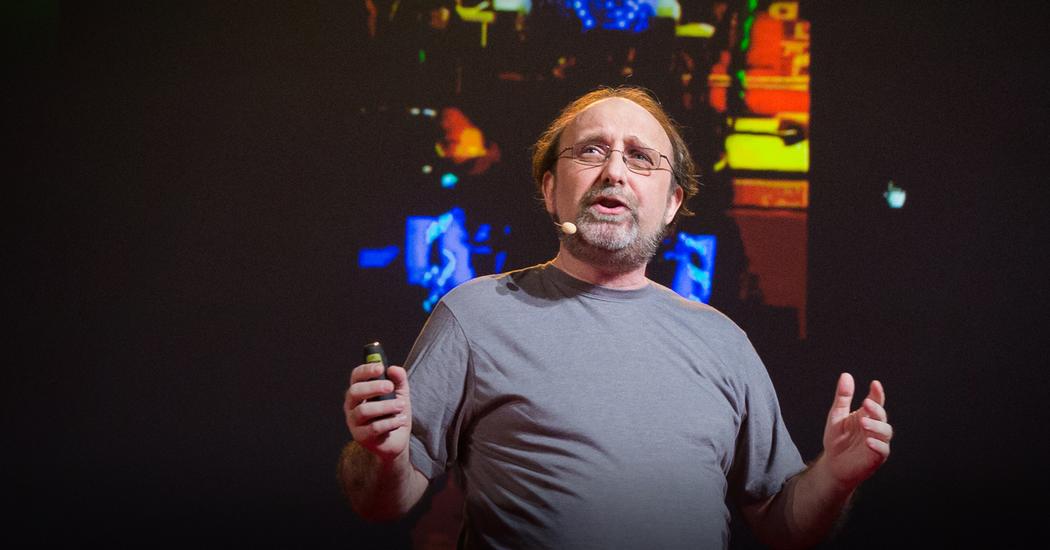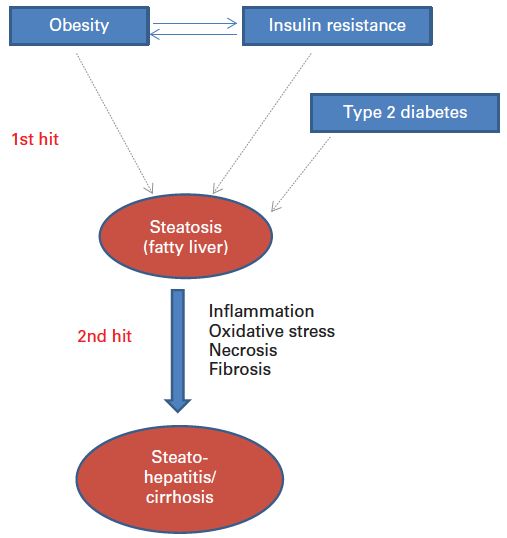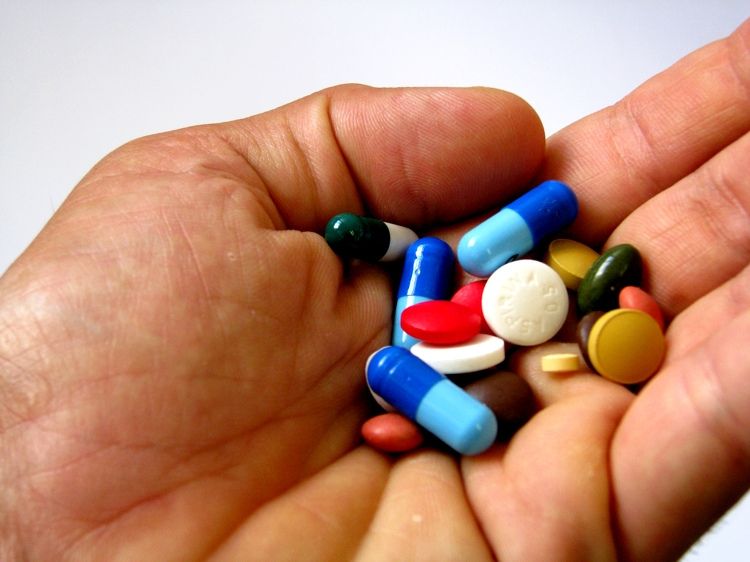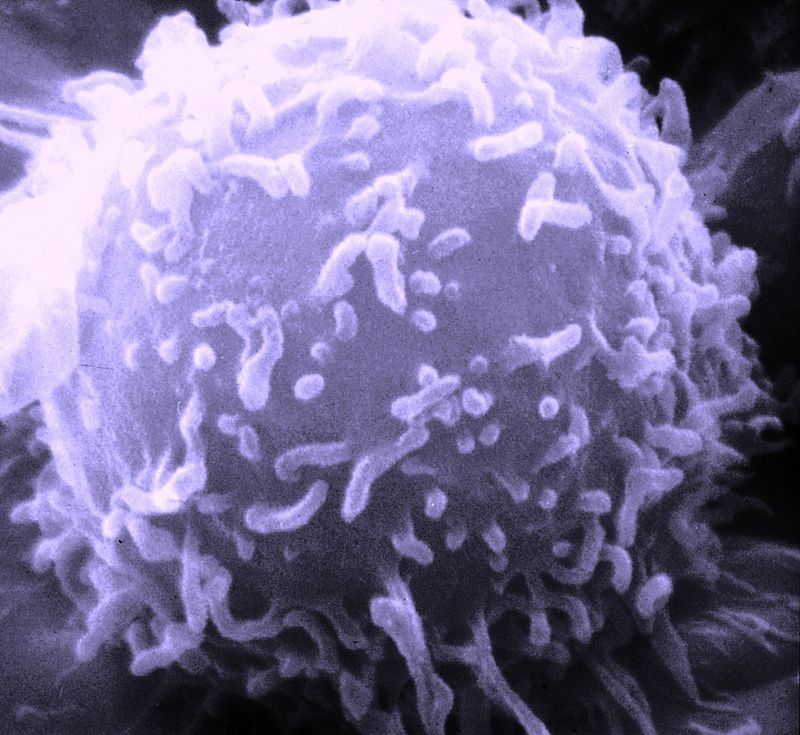Aug 14, 2015
Reprogrammable optic chip has complete flexibility in processing of photons and is a pathway to quantum computing
Posted by Shailesh Prasad in categories: biotech/medical, computing, electronics, quantum physics
Researchers from the University of Bristol in the UK and Nippon Telegraph and Telephone (NTT) in Japan, have developing an optical chip that can process photons in an infinite number of ways.
It’s a major step forward in creating a quantum computer to solve problems such as designing new drugs, superfast database searches, and performing otherwise intractable mathematics that aren’t possible for super computers.
The fully reprogrammable chip brings together a multitude of existing quantum experiments and can realise a plethora of future protocols that have not even been conceived yet, marking a new era of research for quantum scientists and engineers at the cutting edge of quantum technologies.
